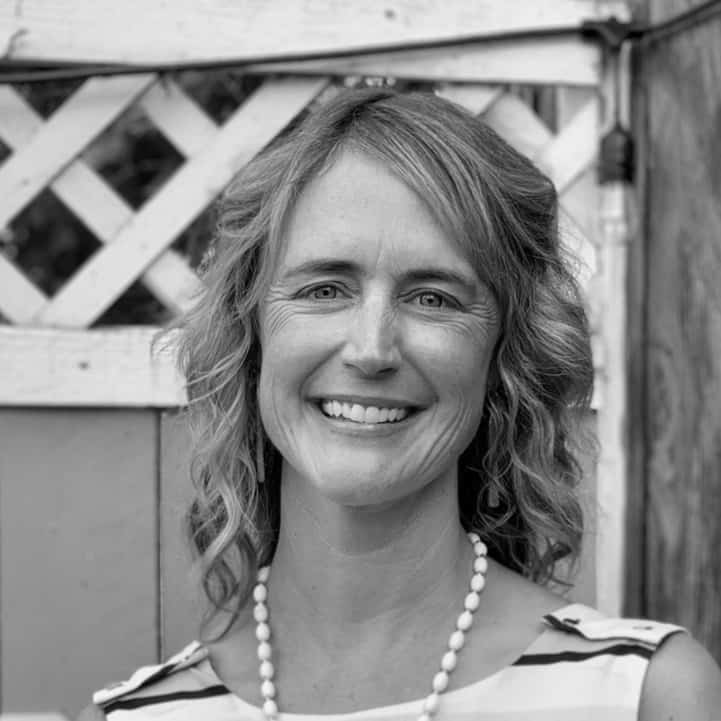Reflections on my Reflection
Staring at myself all day while trying to connect with others has emboldened my inner critic, and left me feeling lonely. I have empirical data to support this in the form of online shopping receipts for beauty masks, wrinkle patches, and makeup. Yes, makeup, which is strange, because as a 47-year-old woman, I have generally never worn makeup. I will occasionally throw on some lipstick and mascara for a Saturday night dinner, but never wear makeup as a daily practice or to work. After three weeks of staring at my own reflection on a Zoom call, I am considering, maybe just a little.
What does this mean for me? But more importantly, how is this shaping my relationship with my clients? Some of the wonderful aspects of meeting with a client in person is getting to know their energy, observing their emotions through their facial expressions, and sensing how they are doing based on their posture. Yes, I can still observe many of these things over video if I lean in and squint my eyes (which also contributes to wrinkles), but in addition to observing my client, I am now observing myself as well.
During my education and training experience to become a therapist, it has been impressed upon me, “Never make it about yourself.” We are taught to use this as a guideline for judging when (and if ever) to self-disclose personal information about ourselves. “Why am I sharing this? Am I making the session about me?” When I adjust my hair out of my eyes in the session or tilt the screen for better lighting while a client is talking, am I making the session about me?
In an effort not to make this about me, what about my clients? How are they feeling seeing themself on a screen during therapy, during work, and during socializing with friends and family? What is all this “face time” doing to their own inner critic? I am guessing they may be feeling similar to me. This awareness has shifted slightly how I am working with clients in telehealth sessions.
First, I am actively NOT looking at my video square on the screen. When I find myself doing so, I try to gently draw my mind back to my client’s face and remember when we sit across from each other, I am not looking at myself. Second, I try to be more aware of how spending so much time connecting with work, education, family, and friends on a screen may be affecting my clients. I am listening for their own inner critic and offering some compassion and normalization that others are also experiencing this feeling. And that’s okay. Finally, I find things to compliment my clients every time they pop on my screen. I try to lead with a genuine compliment, something that I see in them that brings me a sense of joy.
From my experience of sheltering at home, I have developed more gratitude for how much happiness I get from looking at other people’s faces all day. And I look forward to seeing other faces again soon. My face may just have a few fewer wrinkles and a little more makeup.
Written By: Mindy Glover





